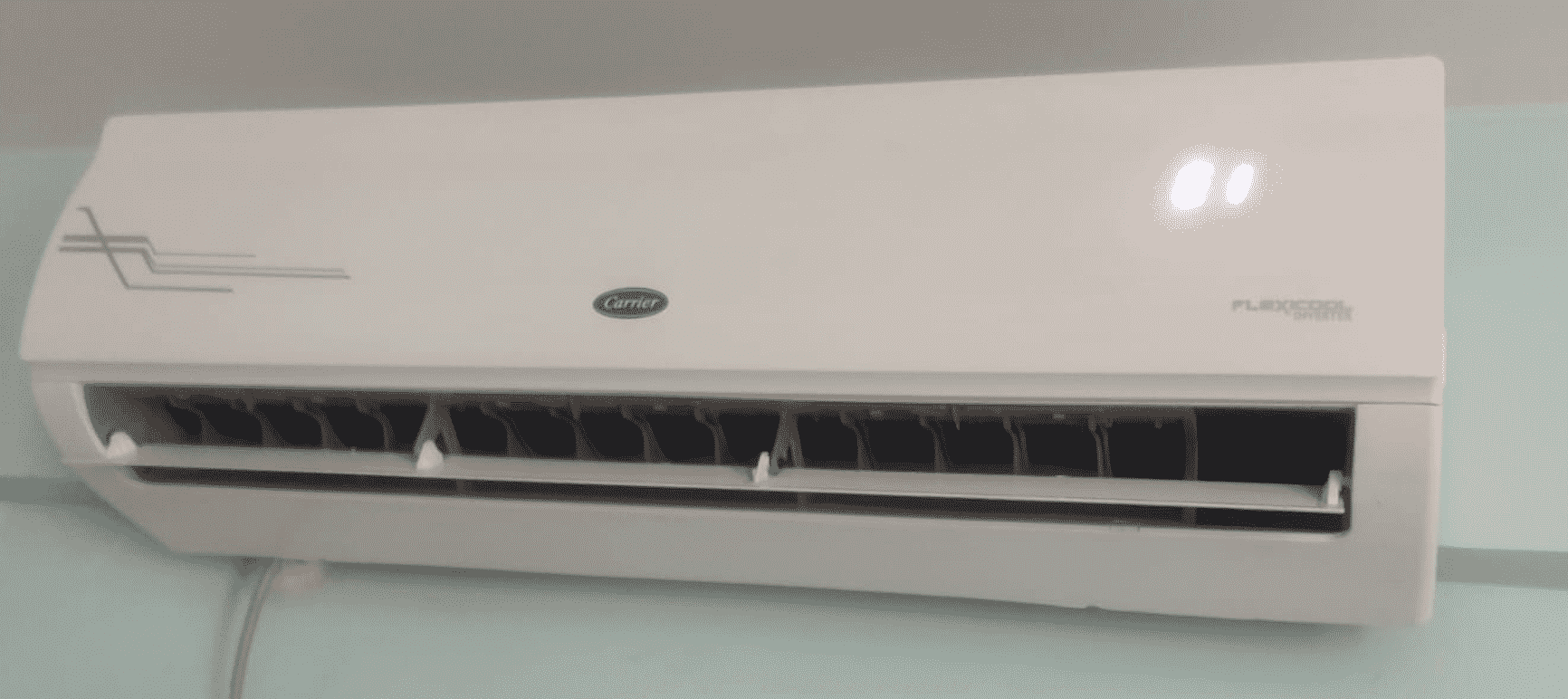When it comes to choosing between Carrier and Della air conditioners, there are several factors to consider, including efficiency, installation, and long-term costs. As a well-established brand in the HVAC industry, Carrier is known for its high-quality and reliable products, while Della is a relatively newer player offering more affordable options.
Efficiency: Carrier Leads the Way
One of the key factors to consider when comparing Carrier and Della air conditioners is their energy efficiency. Carrier air conditioners generally have higher SEER (Seasonal Energy Efficiency Ratio) ratings than Della models, indicating greater cooling efficiency.
| Brand | SEER Rating Range |
|---|---|
| Carrier | 16 to 21 |
| Della | 16 to 17 |
Carrier’s higher SEER ratings translate to lower energy consumption and potentially lower utility bills for homeowners. This is particularly important in regions with high electricity costs or where air conditioning is used extensively throughout the year.
To maximize the efficiency of a Carrier air conditioner, it’s crucial to ensure proper installation and maintenance. This includes:
- Correct Sizing: Carrier air conditioners come in a range of capacities, and it’s essential to select the right size for your home to avoid over- or under-cooling, which can impact efficiency.
- Proper Ductwork: Ensuring the ductwork is properly sized, sealed, and insulated can significantly improve the air conditioner’s efficiency and prevent energy losses.
- Regular Maintenance: Routine maintenance, such as cleaning the coils, replacing air filters, and checking refrigerant levels, can help maintain the air conditioner’s peak performance and efficiency.
Installation: Carrier Offers Ease, Della Requires Expertise

When it comes to installation, Carrier air conditioners are generally considered easier to install than Della models. Many Carrier units are designed with DIY installation in mind, making them a more accessible option for homeowners.
However, it’s important to note that Carrier air conditioners may require specialized tools and knowledge, which can add to the overall cost of installation. Improper installation can also impact the unit’s efficiency and performance, so it’s crucial to follow the manufacturer’s instructions carefully or hire a licensed HVAC professional.
In contrast, Della air conditioners may be more challenging to install, with some users reporting issues with the installation process. This can be a significant consideration for homeowners who prefer a more straightforward installation experience or lack the necessary skills and tools.
Long-Term Costs: Balancing Upfront and Operational Expenses
While Della air conditioners are generally more affordable upfront, it’s essential to consider the long-term costs of ownership. Carrier’s higher efficiency ratings can translate to lower energy bills over time, potentially offsetting the higher initial investment.
To accurately compare the long-term costs of Carrier and Della air conditioners, consider the following factors:
- Energy Consumption: Carrier’s higher SEER ratings can result in lower energy consumption and utility bills, especially in regions with high electricity rates.
- Maintenance and Repairs: Carrier’s reputation for quality and reliability may lead to fewer maintenance and repair costs over the air conditioner’s lifespan.
- Resale Value: Carrier’s brand recognition and reputation for quality may result in a higher resale value compared to Della air conditioners.
Ultimately, the choice between Carrier and Della air conditioners will depend on the specific needs and budget of the homeowner. It’s essential to carefully evaluate the upfront costs, energy efficiency, installation requirements, and long-term operational expenses to make an informed decision.
Conclusion
When comparing Carrier and Della air conditioners, it’s clear that Carrier has the edge in terms of efficiency, ease of installation, and long-term reliability. However, Della’s more affordable upfront cost may make it an attractive option for homeowners on a tighter budget.
To make the best decision, it’s crucial to carefully assess your home’s cooling needs, energy consumption patterns, and long-term ownership goals. By considering all these factors, you can choose the air conditioner that best fits your requirements and provides the most value over the long run.
